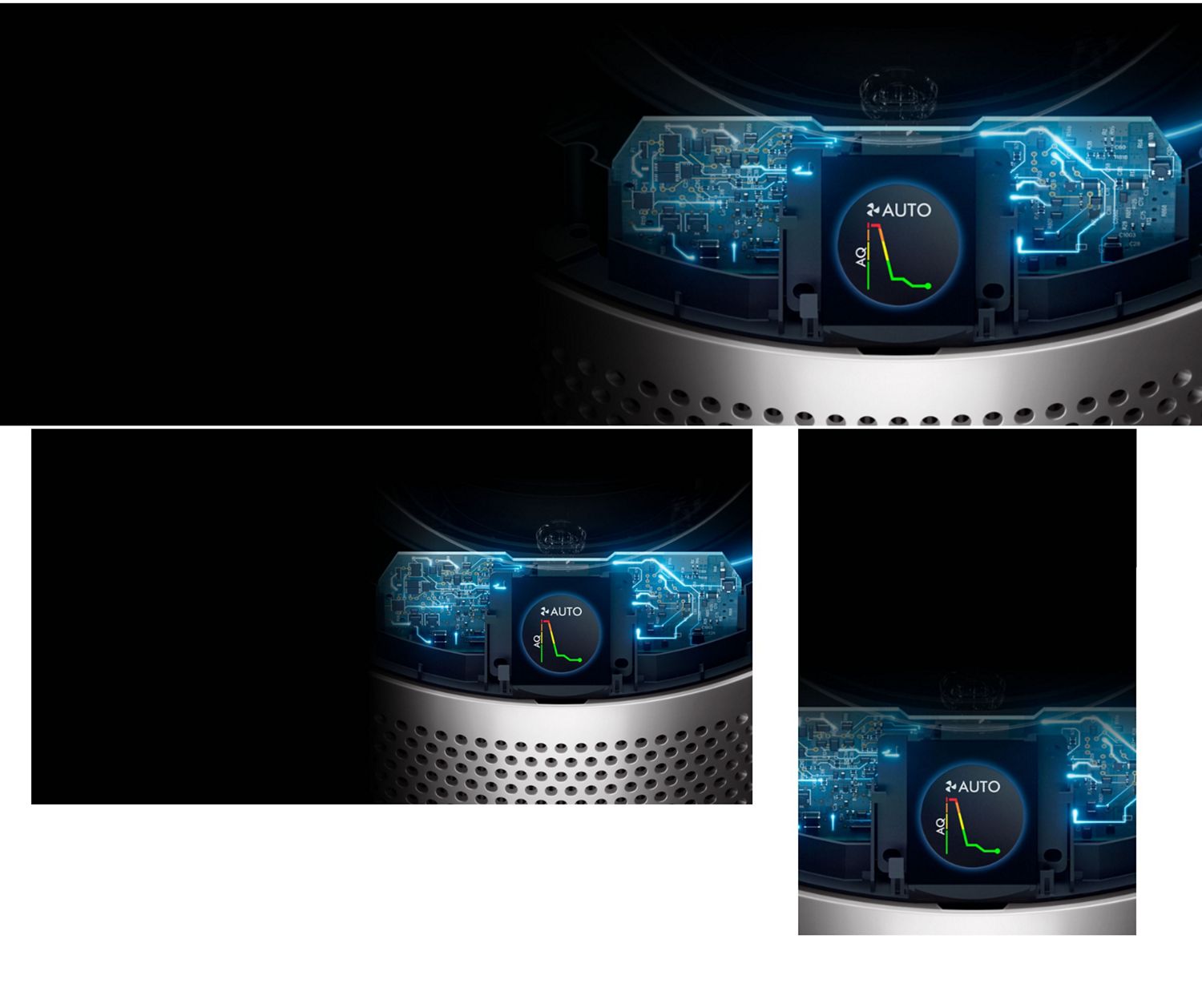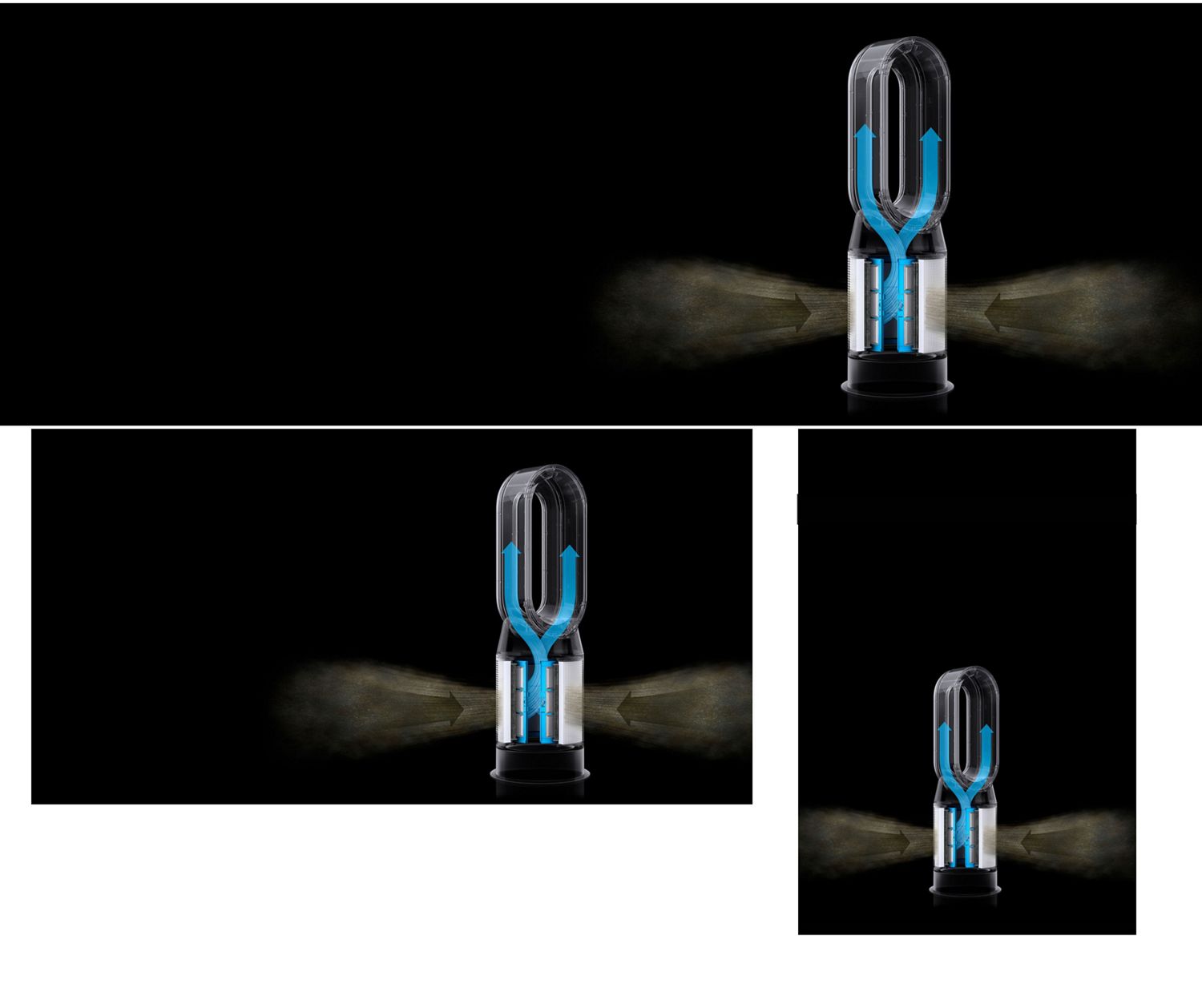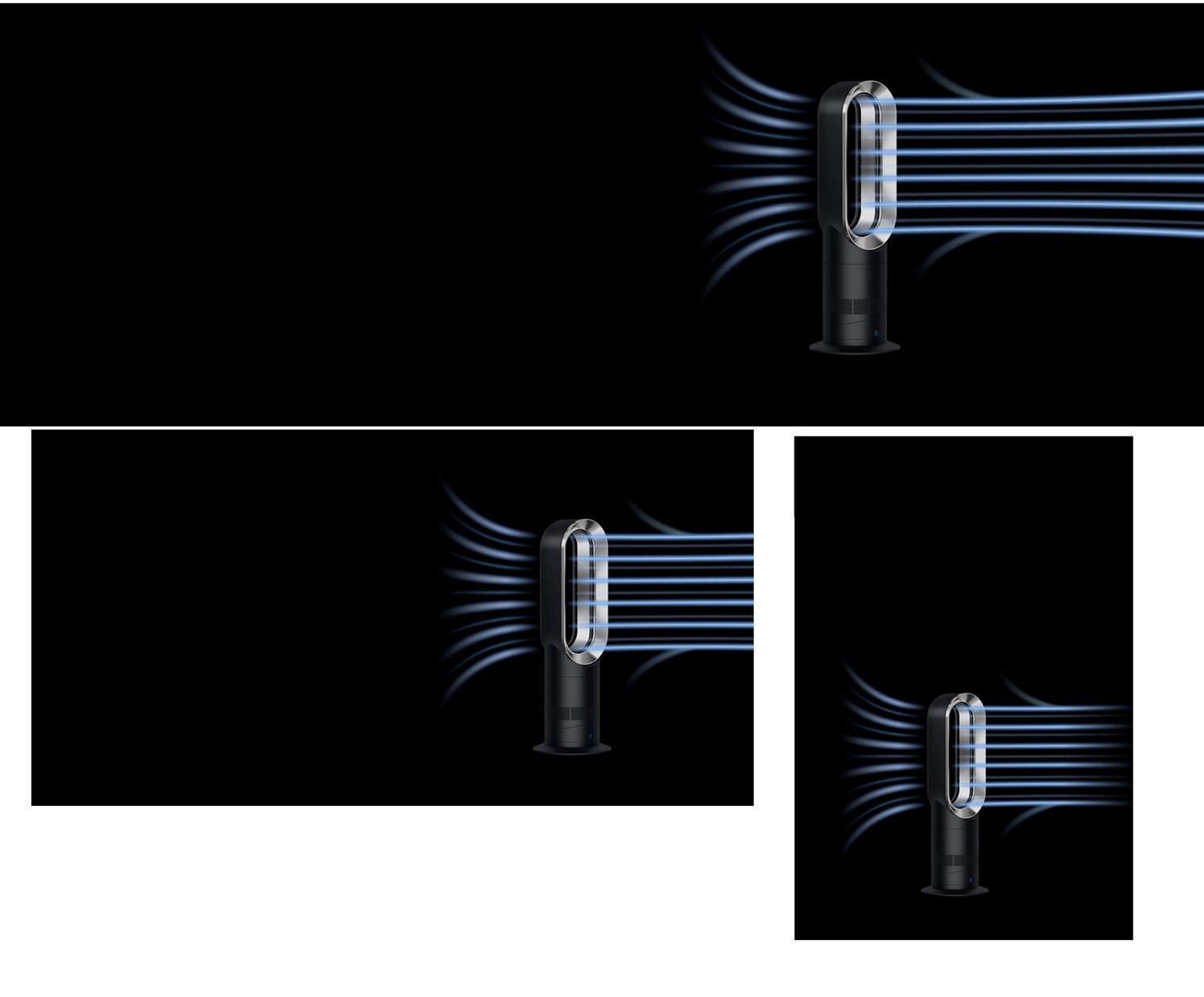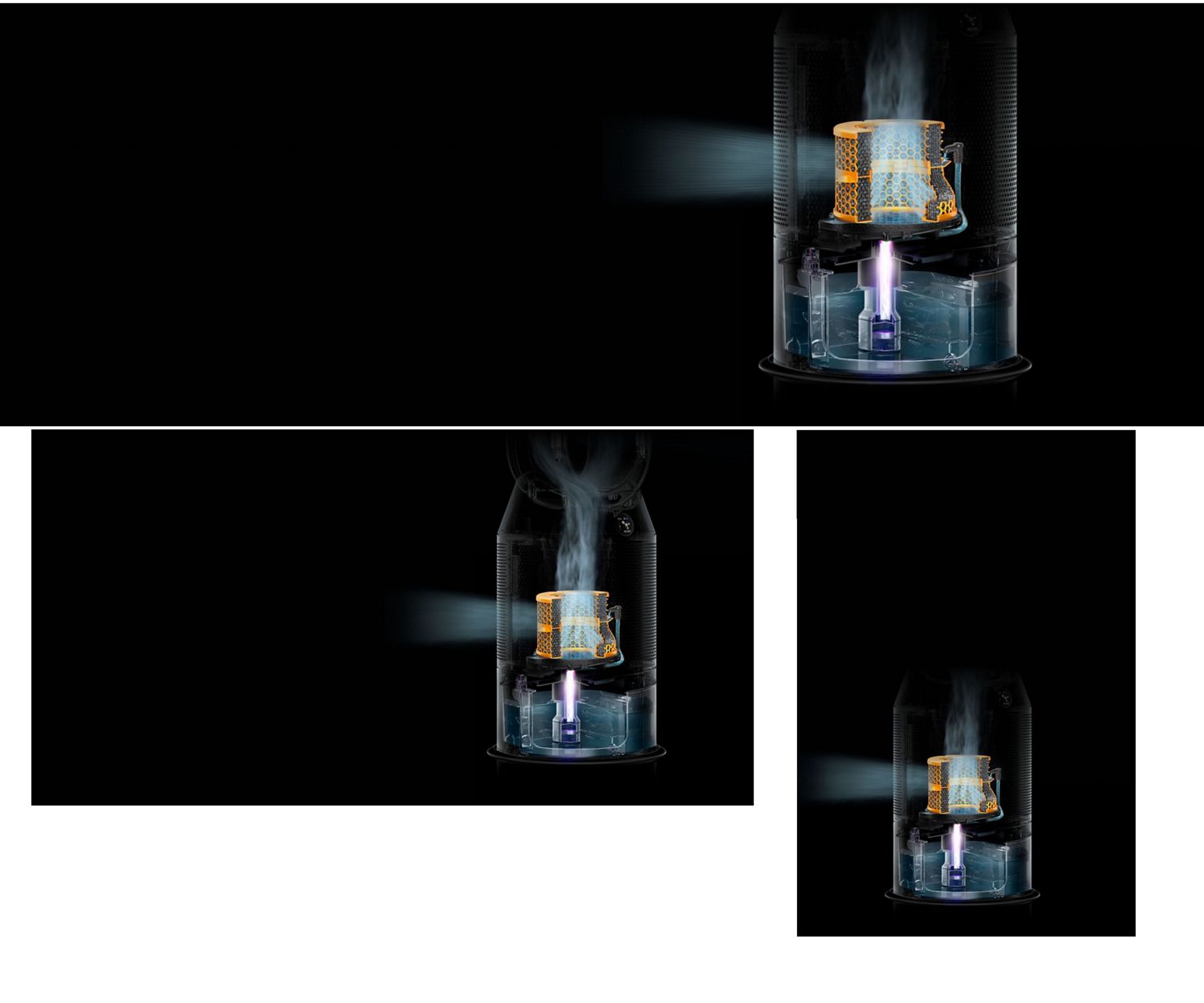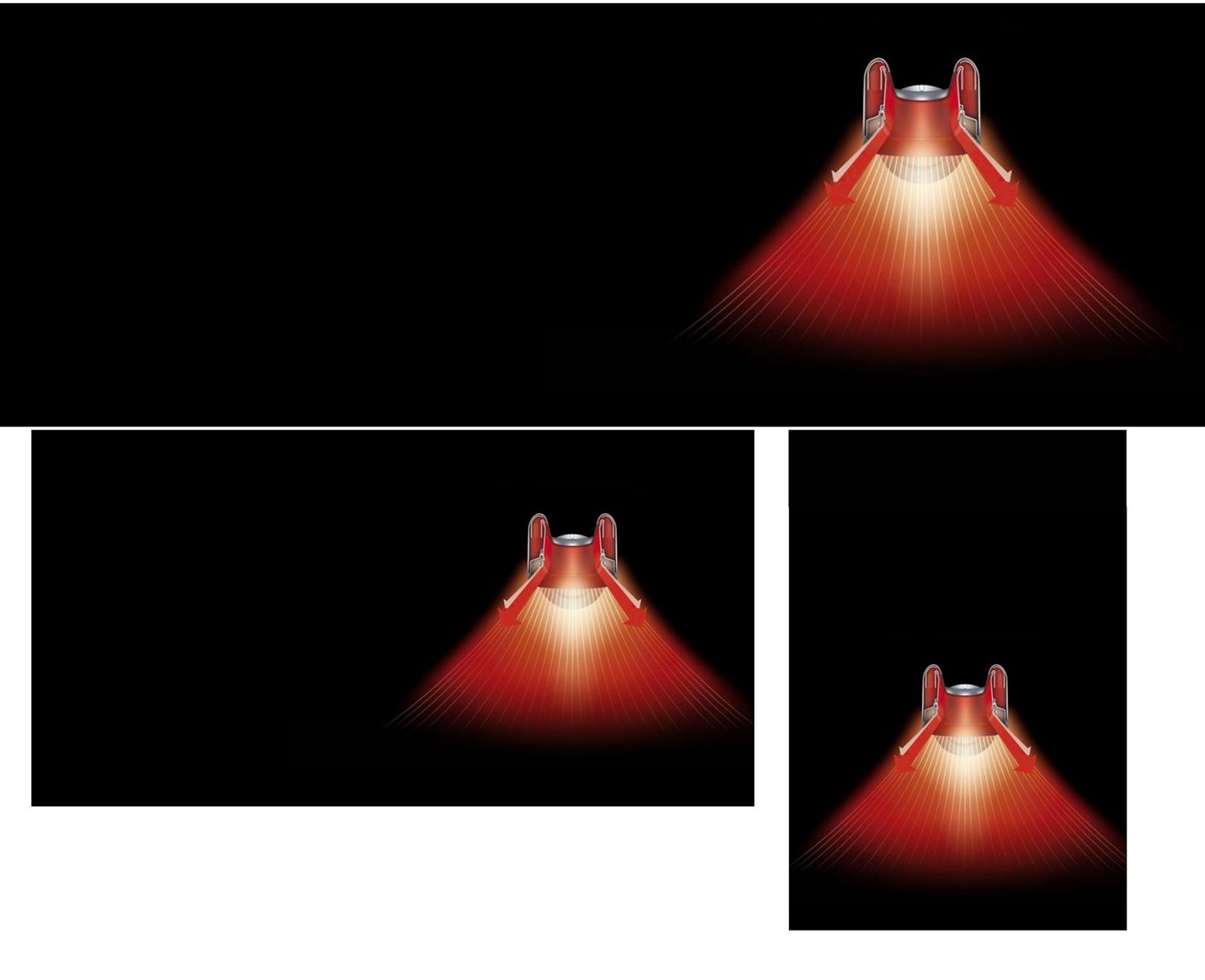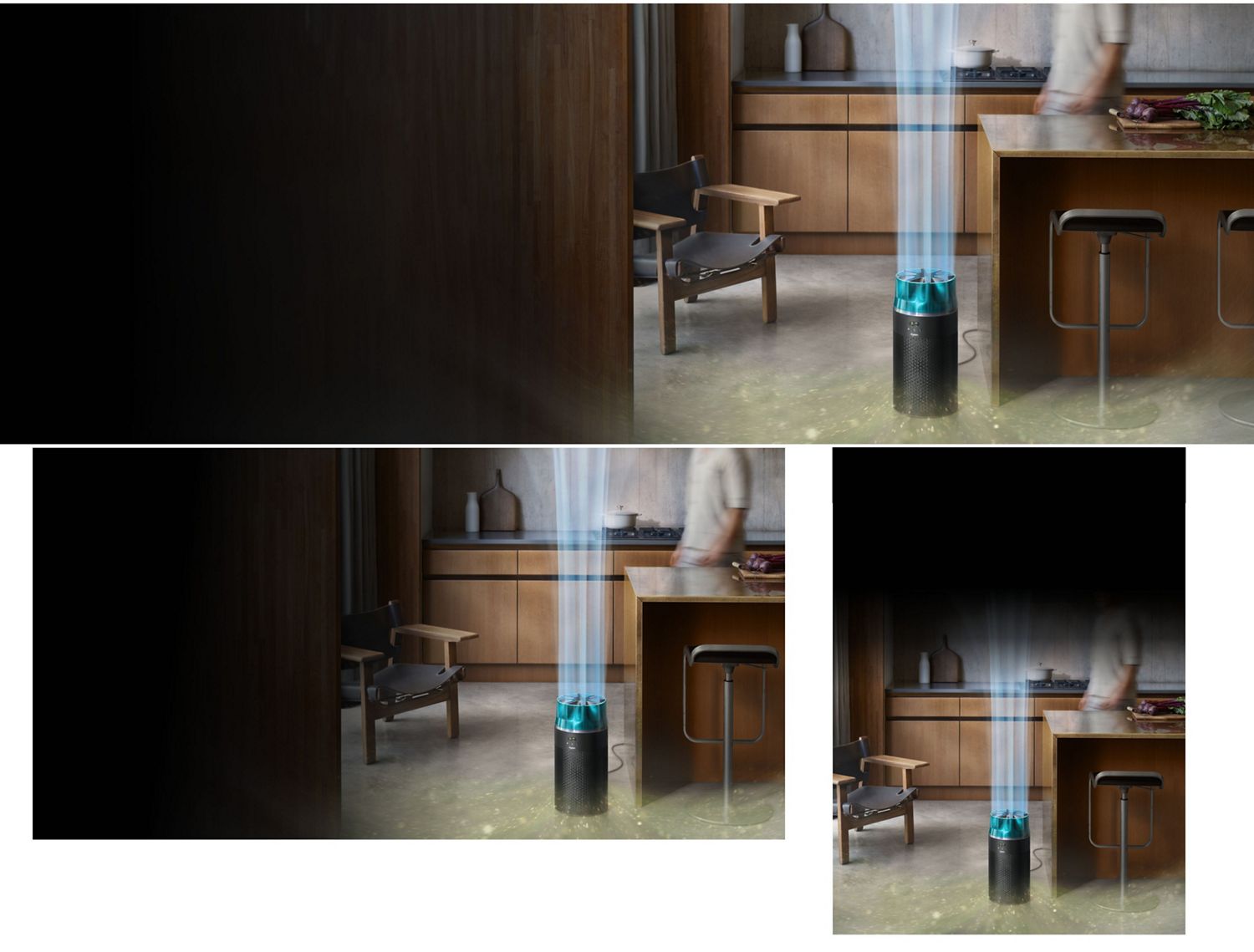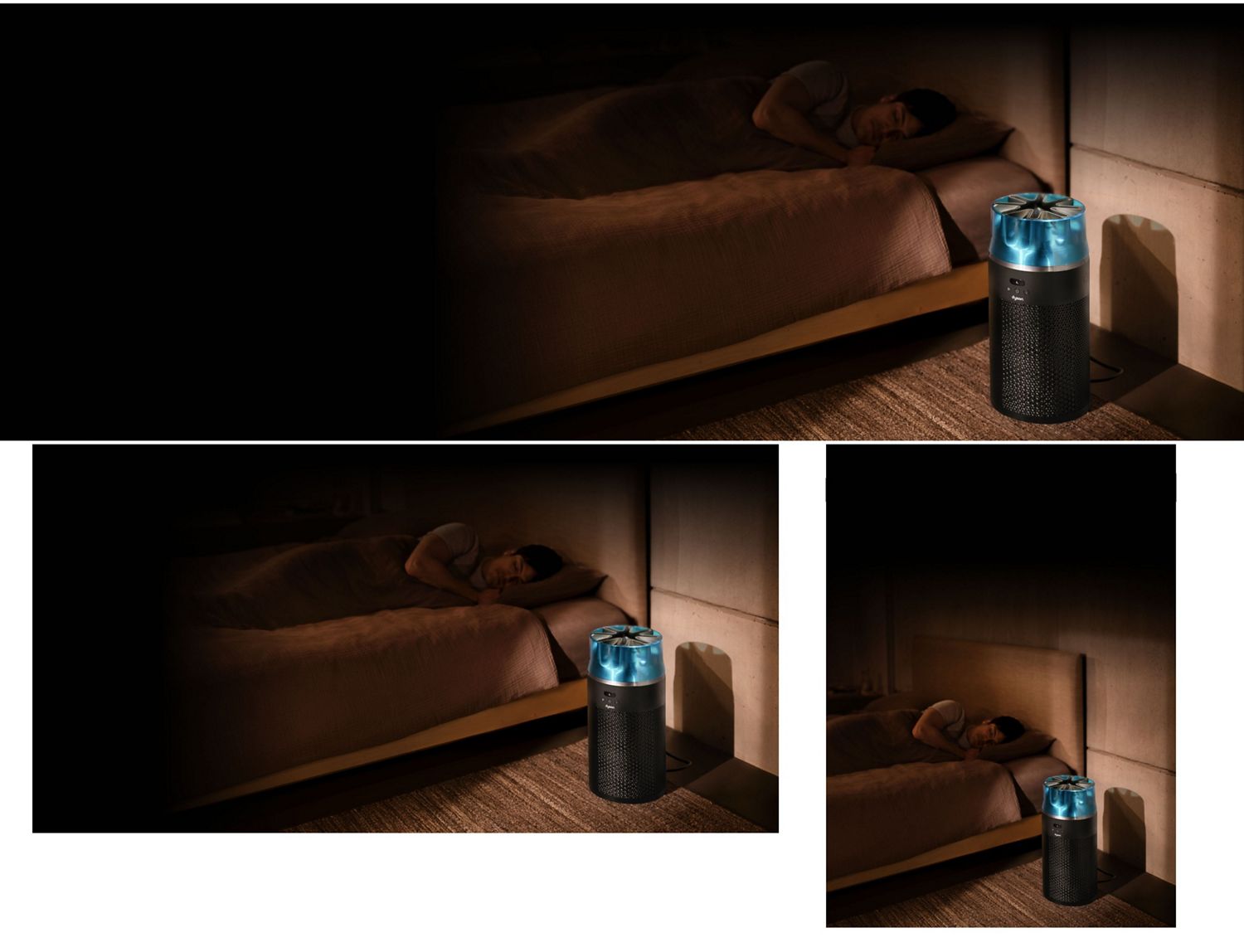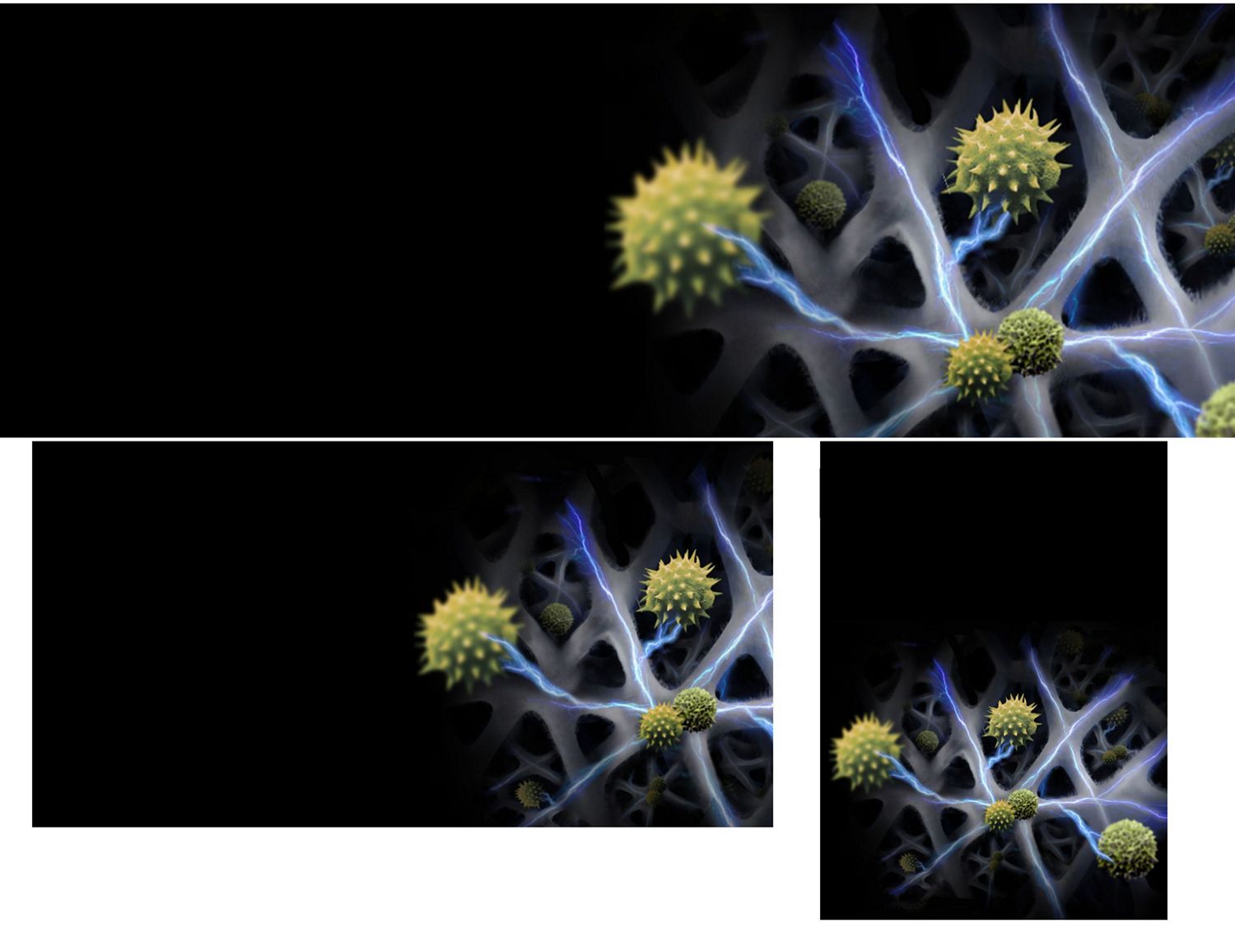Discover the pioneering technology inside a Dyson air purifier


Dyson’s most powerful and quiet compact purifier
Frequently asked questions
Yes, air purifiers can be effective at improving indoor air quality by removing harmful particles and pollutants from the air.
Air purifiers work by using a combination of filters and technologies, such as HEPA (High Efficiency Particulate Air) filters, activated carbon, and other technologies to capture and eliminate airborne particles, such as dust, allergens, mould spores, pet dander, and even bacteria and viruses.¹⁰
Yes, air purifiers can help with dust by capturing and removing airborne particles from the air.
Dust and other small particles may contribute to respiratory problems and allergies. High Efficiency Particulate Air (HEPA) filters are especially effective at capturing tiny particles like dust, pollen, and pet dander.¹⁰
Whether an air purifier is worth it or not depends on your specific needs and circumstances.
Air purifiers can be beneficial for people who want to improve indoor air quality in general. They can help to remove harmful particles and pollutants from the air, including dust, allergens, pet dander, and some are proven to filter bacteria, viruses, and mould spores.¹⁰
An air purifier is a device that cleans the air in a room or a building by removing potentially harmful particles and pollutants, such as dust, pollen, pet dander, and other airborne contaminants.¹⁰
It works by drawing air through a filter, which traps these particles and releases cleaner air back into the room.
Some of the benefits of using an air purifier include:
- Improved indoor air quality: An air purifier can remove harmful particles and pollutants from the air, leading to cleaner air indoors.
- Reduced odours: Some air purifiers can help to remove unpleasant odours from the air, such as those caused by cooking, pets, or smoking.
Yes, air purifiers can help to remove allergens such as pollen, dust and pet dander from the air.
Air purifiers work by drawing in air and passing it through a filter, which traps pollutants and allergens. Some air purifiers are specifically designed with HEPA (High-Efficiency Particulate Air) filters, which have a high removal percentage for very small particles, including many common allergens.
Studies have shown that using an air purifier with a HEPA filter can help to reduce the concentration of airborne allergens in indoor spaces.
Some air purifiers are proven to capture mould spores and other allergens from the air.
Mould spores can cause respiratory problems and other health issues. Some air purifiers are proven effective at removing mould spores from the air by using HEPA filters or other technologies designed to capture and eliminate airborne particles. HEPA filters can capture particles of a very small size, including mould spores.
Some air purifiers can help with removing unpleasant odours and smells from the air.
Certain air purifiers are equipped with gas-capture technologies such as activated carbon filters. Activated carbon absorbs and remove certain odours, gases and chemical fumes from the air.
Activated carbon filters contain a porous material, such as activated charcoal, which traps and eliminates odours and volatile organic compounds (VOCs).


Get more with the MyDyson™ app⁶
Discover what you get with the app.
-
Expert guides
Learn how to improve your indoor environment.
-
Machine upgrades
See how to upgrade to the latest Dyson technology.
-
Priority access
Latest Dyson technology and events.
-
2-5-year guarantee
On parts, repairs and replacements.
-
Exclusive offers
Gain access to exclusive offers through the app.
-
24/7 support
Machine performance updates.
- 1 In maximum setting. Tested for air projection (DTM-801) and purification coverage in a 81m3 room (TM-003771).
- 2 Filtration efficiency to IEST -RP-CC001.7. Gas capture rates may vary.
- 3 Electrostatic filter life tested to GB/T 18801-2022 to a 50% decline in CADR, based on 12 hours use per day. Filter life varies according to pollution levels.


